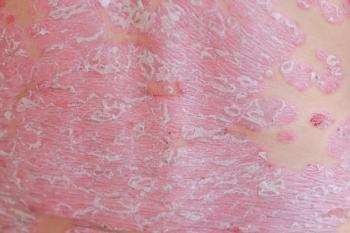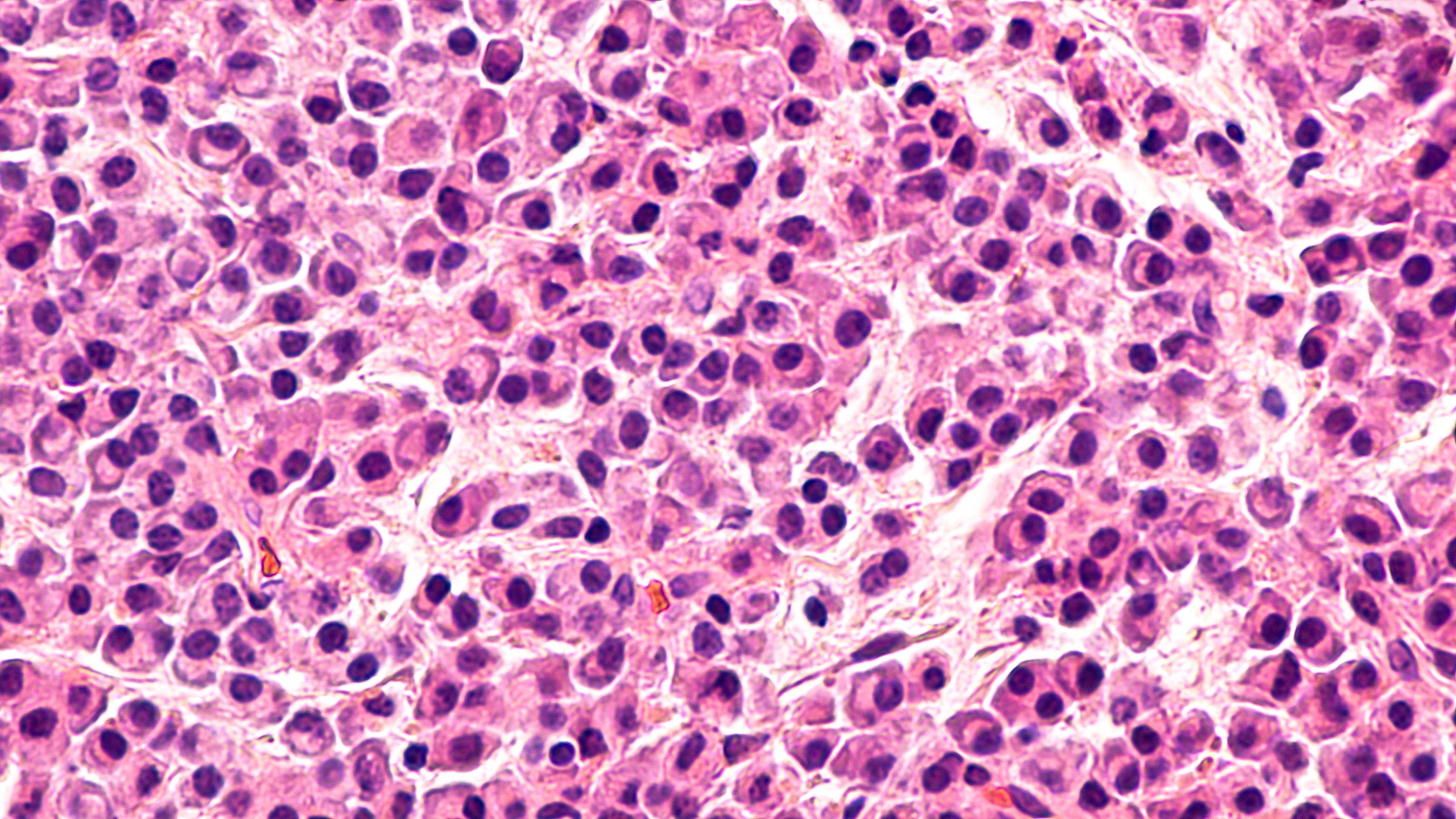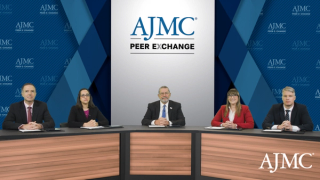
Clinical
Latest News

Latest Videos

More News

Dr Sheth discusses the evolution of access to treatment for AMD/DME over the past few years and initiatives to expand treatment access.

Joseph Coney, MD, FASRS, FACS, discusses switching anti-VEGF agents in the treatment of wet AMD and what payers should consider when switching anti-VEGF therapies.

The survival benefits of immune checkpoint inhibitors varied in young patients versus older patients with advanced non–small-cell lung cancer, a recent study found.

Daniel Driffin, BS, MPH, provides insights regarding factors influencing patient adherence to multidrug-resistant HIV treatment.

Dr Sension underlines the value of CD4 recovery from payer and clinician perspectives.

Data from the LIBERTY AD PRESCHOOL trial, and its ongoing open-label extension analysis show that dupilumab is safe and clinically effective, and can lead to statistically significant symptom improvement among patients aged 6 months to 17 years who have moderate to severe atopic dermatitis (AD).

A prespecified overall survival analysis of the phase 3 ZUMA-7 trial found that axicabtagene ciloleucel (axi-cel) led to better outcomes vs the historical standard of care for relapsed or refractory large B-cell lymphoma (R/R LBCL).

Following the course of lung function in treatment-naïve patients, researchers found that lung function decline does not accelerate prior to mechanical ventilation.

The effect of ctDNA in the GI cancer treatment landscape are illustrated by Dr Marshall.

While melanoma is one of the most aggressive cancers, making early detection crucial for outcomes, because it is visible on the surface, there are opportunities to catch it early, said Sancy Leachman, MD, PhD, professor and chair in the Department of Dermatology and director of the Melanoma Research Program at the Knight Cancer Institute at Oregon Health and Science University.

Specific dosing regimens of treatments prescribed by blood specialists have not been widely studied, despite the advent of newer hemophilia therapies, the researchers said.

A substantial proportion of families of privately insured children with sickle cell anemia pay more than $100 for essential stroke screenings, a high-value service.

With both biologics and Janus kinase (JAK) inhibitors available to treat atopic dermatitis, providers have more options for patients, said Emma Guttman-Yassky, MD, PhD, FAAD, of Mount Sinai.

In a real-world clinical setting, tildrakizumab demonstrated safety and satisfaction among patients with moderate-to-severe plaque psoriasis.

Posters presented at the American Academy of Dermatology 2023 Annual Meeting provided a snapshot of disparities in dermatology care, both in terms of geographic differences in access to care and collection of race/ethnicity data in clinical trials.

A pair of posters presented at the American Academy of Dermatology 2023 Annual Meeting showed the efficacy of ruxolitinib cream in improving symptoms of vitiligo on the face, both as assessed by investigators and by how noticeable the patients felt their vitiligo was.

Osimertinib (Tagrisso; AstraZeneca) now has shown a statistically significant and clinically meaningful overall survival benefit in both the early adjuvant and late-stage metastatic settings.

The measure will allow for a more complete picture of treatment burden and how it affects things like health-related quality of life and adherence, explained researchers.

There are certain considerations when choosing which patient is the best fit for a biologic to treat hidradenitis suppurativa, said Haley Naik, MD, FAAD, associate professor of dermatology, University of California, San Francisco, School of Medicine.

Once thought of as the result of an imbalance in bodily humors, inflammatory skin diseases are now understood to arise from types of immune responses, opening the door to targeted therapies and personalized medicine, according to speakers at the American Academy of Dermatology 2023 Annual Meeting.

Investigators said the Mortality in TTP Score (MITS) was effective at characterizing the risk of death in patients hospitalized with thrombotic thrombocytopenic purpura (TTP).

Amid a packed roster of of late-breaking research at the American Academy of Dermatology 2023 Annual Meeting, investigators presented findings from long-term extensions of the Topical Ruxolitinib Evaluation in Vitiligo phase 3 studies.

Similar to other therapies, approximately 40% of patients with vitiligo who stopped treatment with ruxolitinib cream relapsed, but they achieved repigmentation once treatment was reinitiated, explained John Harris, MD, PhD, FAAD, director of the Vitiligo Clinic and Research Center at UMass Chan Medical School.

Speakers at the American Academy of Dermatology 2023 Annual Meeting highlighted the potential of DataDerm to tell the story of dermatological care in the United States, but some also cautioned that the registry only reflects those who have access to care in the first place.

The Chinese report details the case of a 6-year-old female patient with type 1 SMA who was successfully weaned off prolonged invasive ventilation after beginning treatment with nusinersen.













